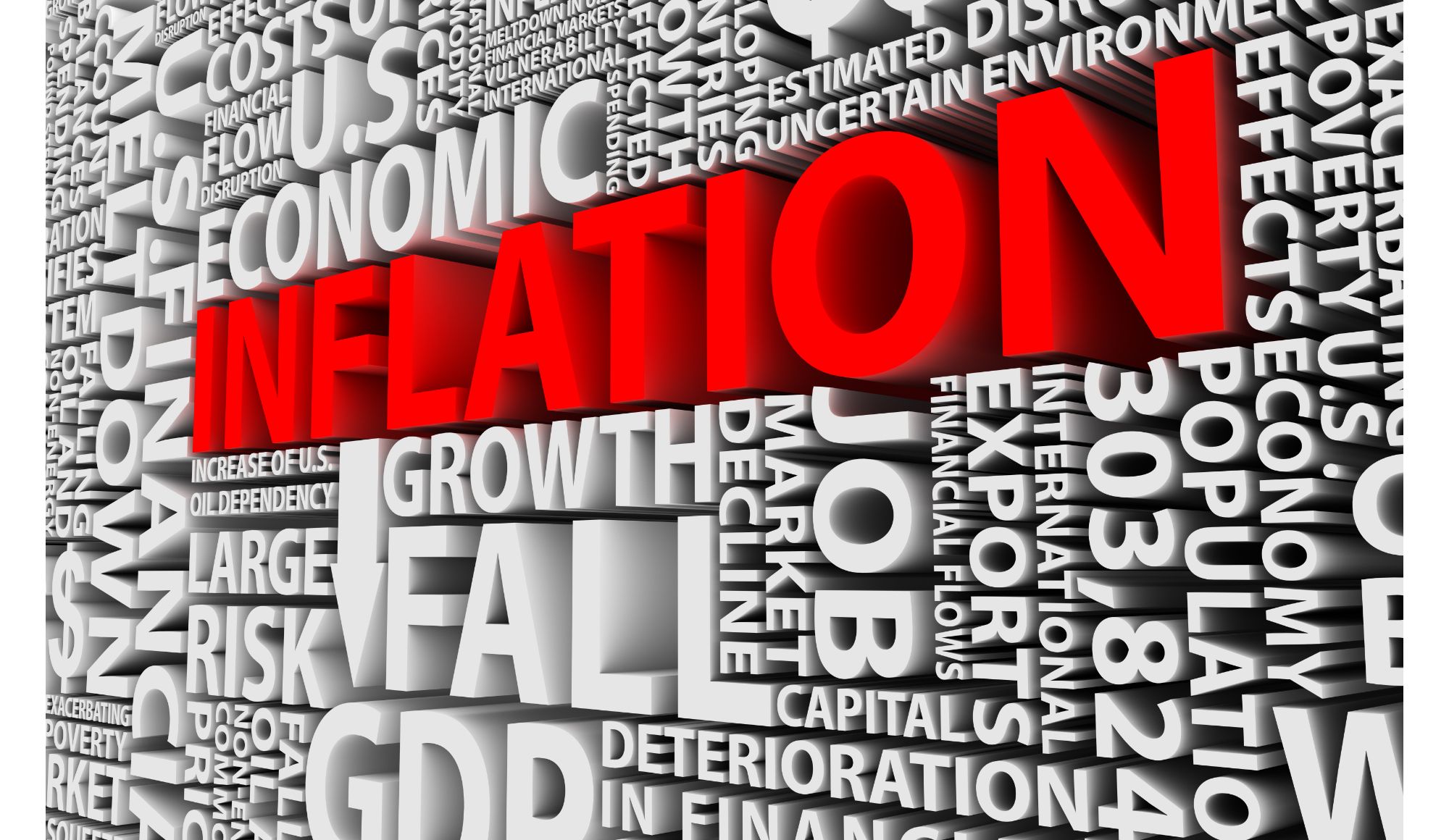Market Commentary: Will The Fed Lose Control?
From 1982-2023, a massive bull market in share prices took place, creating enormous wealth. But the prior decade or so between 1966-1982 was quite the opposite. Indeed, investors who bought the top in 1966 would have had to wait a full 15 years before seeing their investments turn profitable.
The bull run over the past forty years has been intermittently interrupted by stock market crashes, whether the tech bubble in 2000-02 or the Great Recession in 2008-09, and even the COVID crash of 2020.
But the secular trend has been higher and it’s lulled investors into a sense of complacency that each dip should be bought, crashes don’t last last long and recessions lead to bounce backs within a year or two.
As populism grows around the world, characterized by increased government stimulus – think student loan forgiveness as an example – and the general public clamors for more – think car unions demanding more pay or the French rebelling against a spike in the retirement age – a real threat exists that inflation will not be contained. And that has some smart observers concerned that the Fed will indeed lose control.
Key Points
- Although investors assume the Fed is in control, history has revealed periods when the bond market overrides the Fed.
- If investors have been lulled into a sense of complacency that stocks will always bounce back, they might be in for a big surprise.
- In the next couple of years, the risk that the Fed will once again lose control and the bond market takes control is high.
Last Time Inflation Was High
When inflation remained persistently high in the 1970s and early 1980s, it’s widely believed that Paul Volcker stamped it out by hiking Federal Reserve interest rates. But the truth of the matter is Volcker was just the last Chair to attempt it and so he is lauded for his conviction to stay the course. Others tried and failed previously.
The challenge the Fed faces is it has a limited and blunt set of tools to combat inflation. It can make the cost of capital more expensive, but otherwise it’s the bond market that sets rates.
If an assault on Taiwan is made by China in 2024 or aggressions by Ukraine domino to create a broader based war among larger nations, think US vs Russia or US vs China, the Fed is most likely going to keep rates elevated in line with the bond market. That would put further pressure on equity markets.
What Most Investors Are Missing
Bond investors appear to have a laissez-faire attitude to markets now, assuming that the gravy train will continue but under the hood a tectonic shift has taken place. The largest buyer of US bonds, China, has turned into a net seller.
The trillion dollar question for bond investors is who will pick up the slack when no bid exists. Will the Fed further monetize debt and create more inflation.
Although a great deal of uncertainty exists, what is clear is that 2024 is most likely to be riddled with a lot more volatility than 2023. Buckle up and brace yourselves for the ride. This is when sophisticated traders who have been honing their strategies earn their stripes, and often make the big returns.



